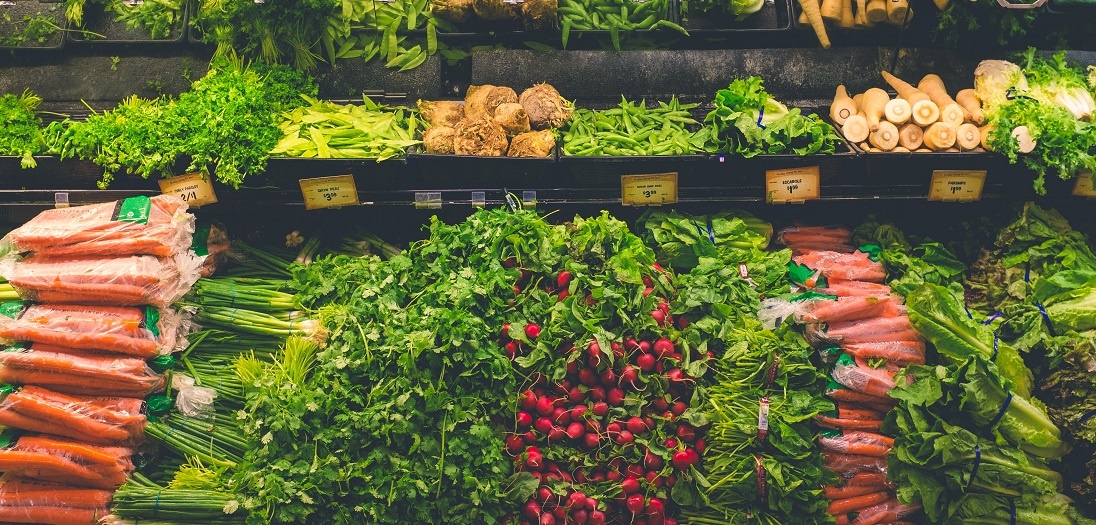Organic Foods – Can they all be termed ‘organic’?

Compiled by Richa Pande
As organic food products start to find their way into more and more homes across India, the market suddenly seems to be inundated with all things ‘organic’. In at least some instances, the claims are clearly misleading and not entirely believable. To curb such false claims as also the sale of foods that aren’t organically grown, Food Safety and Standards Authority of India (FSSAI) rolled out the Food Safety and Standards (Organic Foods) Regulations in 2017. It also launched a logo with the tagline Jaivik Bharat. Read on to understand the key features of the regulations, which came into force on 1 January 2019.
The Food Safety and Standards (Organic Foods) Regulations, 2017, recognize two established systems of organic certification:
- Participatory Guarantee System for India (PGS- India) implemented by the ministry of agriculture and farmers welfare
- National Programme for Organic Production (NPOP) implemented by the ministry of commerce and industry
Let’s look at the key features of the new regulations:
- Organic food that is marketed through direct sales by the small original producer or producer organisation — as determined by the food authority from time to time — to the end consumer shall be exempted from the above-mentioned systems.
- The organic food shall comply with relevant provisions as applicable under Food Safety and Standards (Contaminants, Toxins and Residues) Regulations, 2011, except for residues of insecticides for which the maximum limits shall be five per cent of the maximum limits prescribed or level of quantification (LoQ), whichever is higher.
- The seller of organic food shall display such food in a manner that is distinguishable from the display of non-organic food.
- FSSAI’s organic logo (Jaivik Bharat) and FSSAI license number present on the food labels will indicate whether the product is organic.
What are organic foods?
Organic foods can be defined as food products that are grown or reared and processed without using hazardous chemicals and pesticides. If grown adequately, organic foods can be helpful in preventing health disorders linked with these chemicals.
The growth of organic products relies on biofertilisers such as compost, manure and bone meal. It puts emphasis on techniques such as crop rotation and mixed cropping. Biological pest control – that is, use of living organisms to address problems such as mites, insects and weeds – is encouraged in organic farming.
Certification marks on the food label
The new regulations define the terms that can be used on food labels as well as the criterion.
- Under NPOP certification system
- A single-ingredient product that meets the requirements (specified standards) can be labelled as ‘organic’.
- A multi-ingredient product in which 95 per cent of ingredients are of certified origin can be labelled as ‘certified organic’.
- Under PGS-India certification system
- A single-ingredient product that meets all requirements (specified standards) may be labelled as ‘PGS Organic’.
The new FSSAI organic-food certification mandates the presence of the Jaivik Bharat logo along with the FSSAI logo and license number of the product. In addition, the label may carry India Organic logo (NPOP-certified) or PGS India Organic logo, whichever is applicable.
Organic-food domain in india: a timeline
- Ecomark (1991): This is a certification mark issued by the Bureau of Indian Standards to products that conform to a set of standards aiming at the least negative impact on the ecosystem.
- 2002: National Standards for Organic Products are released.
- India Organic (comes into effect in 2002): This is a certification mark for food items that are grown and manufactured organically in India.
- 2003: The chief mister of Sikkim PawanChamling announces the vision for Sikkim to be India’s first organic state.
- 2005: The Food and Agriculture Organization (FAO), International Federation of Organic Agriculture Movements (IFOAM), and the ministry of agriculture in India initiate consultations with various stakeholders to identify alternative certification systems that are inclusive of the many small farmers and peasants in the country.
- 2006: PGS Organic India Council is set up.
- Food Safety and Standards Act 2006: It mentions about the purchase and import of novel foods, genetically modified articles of food, irradiated foods, organic foods, foods for special dietary uses, functional foods, nutraceuticals, health supplements, proprietary foods, etc.
- 2016: Sikkim becomes India’s first organic state.
- November 2017: Food Safety and Standards (Organic Foods) Regulations, 2017, and Jaivik Bharat logo are launched at the 19th World Organic Congress.
- 2018: Sikkim state wins Food and Agriculture Organization (FAO) Future Policy Gold Award for the world’s best policies promoting agroecological and sustainable food systems.
Related
Decoding Cyber Coverage in India: Your Ultimate Guide
In today's technology-driven landscape where digitalization is ubiquitous, companies confront an escalating threat landscape in the form of...
Navigating Insurance Options: Comprehensive Coverage for Diabetics in India
As the prevalence of diabetes continues to rise steadily in India, individuals grappling with this chronic condition encounter myriad challenges,...
Understanding International Travel Insurance
International travel insurance serves as a financial product crafted to shield travellers from unforeseen events and expenses while journeying...


